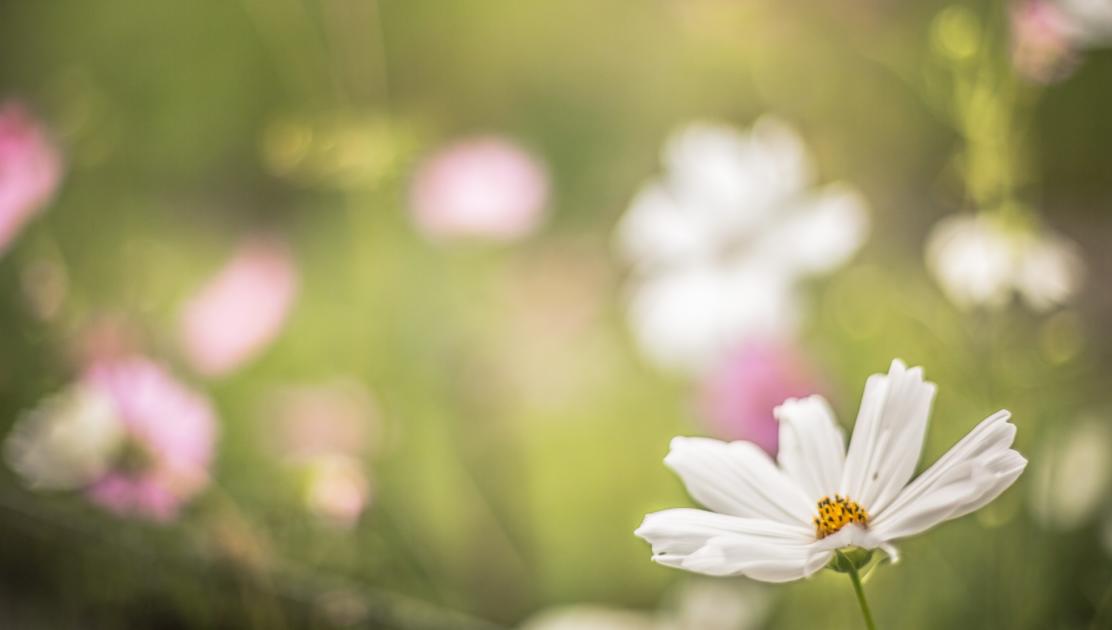The Liminality of Spring
It's the season to move out of hibernating silence and into awakened action
By Jeanine M. CantyApril is such an in between time. As spring starts to rush in, glimmers of joy are evident—the early dawns, the return of bird songs, patches of green, the emergence of some daring flowers—and it’s hard not to get a bit uplifted and eager for newness. Coincidently, where I live in Colorado, April is mud season. In the mornings there may be newly fallen snow and by the afternoon, it has melted and drenched the ground. In one day, we might experience multiple weather patterns—snow, rain, and wind to bright, beautiful sunshine. The extremes of the changes with the seasons, this liminality, sometimes feels overwhelming. I personally thrive in winter—those long dark nights and cold, clean, snowy days are ideal for reflecting, reading, writing, sipping tea, trekking in solace in the woods and any form of hibernating. The moments we do energetically emerge during winter are unexpected and pressure free as compared with the contagious momentum of spring to burst forth with joy.
This sense of betwixt seasons seems to pervade our lives these days. Stepping into April is a reminder that the first Earth Day in 1970 was almost 48 years ago. For those of us who were born not too long after this time, we emerged in the aftermath of the coalescence of multiple movements—for the environment, civil rights, women’s rights, anti- war, anti-nuclear, LGBTQ rights, indigenous rights, Latina farm workers, and black power. As we witness what is happening in the U.S. right now, many of us may feel sorrow at the thought of celebrating Earth Day this year. Our nation is failing the Earth and, over the last year or more, the gains towards making amends to her have slipped beyond precedent. We see this mirrored across the fore mentioned movements. Many of my contemporaries who were activists during the sixties and early seventies remark on the similarities between then and now. It is a travesty that close to fifty years later, indigenous communities are fighting not to have their waters, lands, and bodies polluted; black folks have to worry that their loved ones will be brutally shot down by law enforcement; brown peoples must fear for their rights to basic citizenship; women and the LGBTQ community must speak out for their rights not to be attacked; children must speak for their rights not to be mass executed during their school day; and the global corporate world with mass sanction by our government expedites the destruction of nature.
Take a deep breath. Are you feeling agitated? Are your shoulders tense, is there a knot in your throat, a clenching in your jaw? Or maybe, like many of us, you’ve already disassociated from your body and have achieved false equanimity within your mind. Please don’t. Our collective awakening and healing depends on each of us feeling these realities and responding. Take another deep breath.
Perhaps the lessons many thought were learned multiple decades ago have returned for further work because we have not addressed their deepest roots. Today many institutions have shifted from celebrating Earth Day to Earth Justice Day as a form of acknowledging the deeper roots of injustice. Our society teaches us to compartmentalize these various forms of oppression—sexism, racism, addiction, abuse, ecological devastation, and so forth—because our current society, based on corporate globalization, thrives on these oppressions. At their root, social and ecological injustices are about the acquisition of natural resources and require a myriad of additional oppressions for these processes to exist. Concurrently, our society teaches us to compartmentalize our feelings—keep them hidden, at home, by yourself, keep them personal, keep them small and silent; better yet do not feel them. Our disembodiment breeds silence, and silence is needed for oppression to persist.
By seeing, feeling, and understanding these deeper roots, the possibility for radical healing emerges. Many see the advent return of social and environmental action right now as a profound opportunity to enter into what is called a movement of movements. No longer will we allow the compartmentalization of someone else’s struggle to exist. We can witness the various issues each of us care about and show up for them—for their marches, their stories, their feelings, and the work they propose to create change. Similarly, we will no longer allow our deepest emotions to live in hidden spaces within our bodies and psyches. By inhabiting our bodies and emotions to the fullest, we become the most alive and awakened beings—the ones needed for this time. The liminality of spring brings an invitation to cross from one season to another—from a world of hibernating silence, to one of awakened action and the planting of seeds for new forms.
Jeanine M. Canty, PhD, is a professor and chair of the Environmental Studies department at Naropa University in Boulder, CO. A lover of nature, justice, and contemplative practice, her teaching intersects issues of social and ecological justice connected to the process of worldview expansion and positive change.

This article reminded me that all is not hopeless–we must just stay awake and aware.